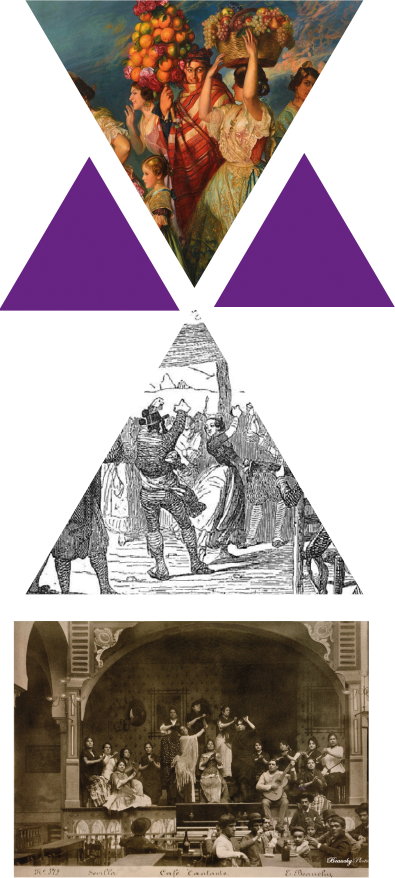The study of national-building processes has occupied a prominent place in the international historiographical debate in recent decades. Among the perspectives that have contributed the most to the renewal of this debate is the transnational one, which has made it possible to question the “methodological nationalism” traditionally adopted by specialists. Likewise, the most recent works have highlighted the centrality of cultural processes in the articulation and dissemination of national narratives and imaginaries, in which the representations of “the popular” (understood as the embodiment of the national essence) occupy a central place. Gender identity is one of the social identities that participates most decisively in the configuration of national imaginaries and narratives and in the construction of national subjectivities. The analysis of those cultural products that imagine that popular essence of the nation and contribute decisively to its diffusion and generalization is transcendental. The new theoretical perspectives have revealed that it is especially through these cultural products that historical subjects “experience” the nation and construct their subjectivities. Regarding this question, the theoretical contributions of the emotional turn are pointed out as especially fruitful, even if their application to the study of the nation is yet to be fully developed, together with the perspectives for the study of the process of national construction “from below” and those works that have highlighted how the national identity is configured in the interaction with other social identities.




